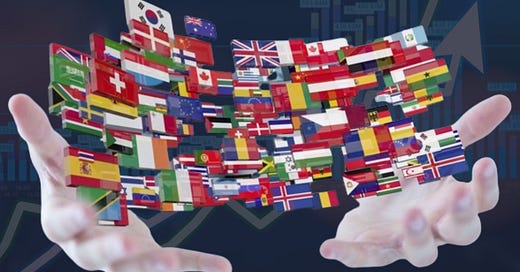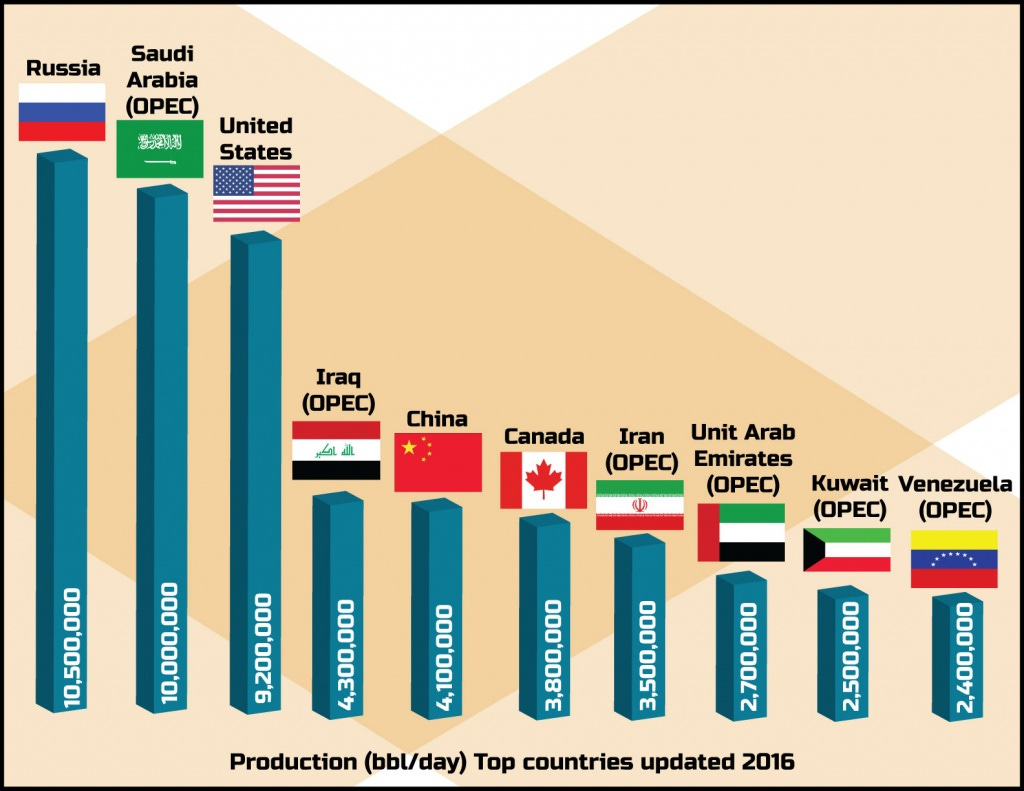In the complex world of changing allegiances, economic diplomacy plays a vital role in traversing the ways through trade policies and geo-political dynamics. Many experts believe that wealth is undoubtedly the strongest armour of the arsenal that guards the majesty of a country. It is the bedrock for fostering intercontinental relationships. One must not be naive to label economic diplomacy as mere transactions since it extends way beyond that. It is a strategic art of resolving conflicts and upholding national interests simultaneously.
Geopolitical History: Shaping Economic Policies Through the Ages
Throughout history, the intricate dance between geopolitics and economic policy has orchestrated the rise and fall of empires, the realignment of global powers, and the transformation of economies. Beginning from the Medieval Ages, Europe emerged as a center of geopolitical dynamics. The feudal system, driven by the concept of land ownership and production, became the center stage for wealth and power. The Crusades, although fueled by religious sentiments, had a significant economic impact. They opened up trade routes and fostered economic exchange between Europe and the Middle East, thereby shaping the global economic landscape.
The Cold War era epitomized this interplay, with the United States and the Soviet Union championing diametrically opposed economic systems—capitalism and socialism—that reverberated through global trade networks and international alliances. History is also witness to some of the most groundbreaking economic treaties, like the Shanghai Communique, signed between the US and China in 1972, which led to the normalization of the global sphere. There are endless instances where two countries have ended their adversarial pasts and descended to mutual cooperation. This is because economic discussions often involve calculated talks, usually free from jingoism or extremism. Hence, it forms an excellent forum for renewed discussions.
The Crusades of the 1100s were the premier geopolitical event with an economic impact.
Contemporary Trade Dynamics: The New Geopolitical Battlefield
Often, economics has been hailed as a multilateral maneuver. When different countries or regions come together to form economic pacts, such as the North American Free Trade Agreement (NAFTA) or the Comprehensive and Progressive Agreement for Trans-Pacific Partnership (CPTPP), they strengthen their positions around the globe. The formation of the EU and BRICS countries has been driven by financial gains. Now, they have been transformed into political alliances in which the strengths of others have strengthened each of the individual member states. Through cooperation, countries seem to have gained a certain economic ‘momentum’. This year’s EU General Elections witnessed the increasing power of right-wing parties. Thus, now we can expect Europe to be propelled towards more capitalistic ideals of free trade and lower immigration. This will also affect the intricate patchwork of Europe’s relations with its more left leaning or socialist allies.
Post-World War II, institutions like the IMF and World Bank were created to stabilize economies and foster international cooperation, illustrating the relentless influence of geopolitical forces on economic strategies. Though, critics argue that the IMF unjustly favours the wealthier nations and its harsh loan conditionality has been the cause of social unrest in many vulnerable countries. This shows how the concentration of money in a few hands affects the lives of a much larger populace.
The graph depicts that majority of IMF loans are offered to economically and socially vulnerable countries
Economic Foundations: The Primacy of Trade Over Terrain
A case study very rightly reveals the importance of leveraging this economic clout. During the cold war two neighboring east European countries, Czechia and Slovakia followed two different paths of bilateral alliances. While Czechia openly aligned with the capitalist West, Slovakia was initially hesitant to do so. To this day, Czechia has an economy almost 30% wealthier than that of Slovakia. Although this cannot be totally attributed to Slovakia’s initial reluctance, some might believe that this must have had a substantial impact. It is interesting to note how economics exceeds geography in these aspects. Hence in this intertwined world, navigating through the economic chessboard becomes the most important skill of a global statesman.
Economic Warfare: Trade Tensions and Sanctions in a Global Landscape
In an age of global interconnectedness, the impact of economic decisions ripples far beyond national borders. Trade wars, tariffs, and sanctions have emerged as tools of geopolitical strategy, shaping relationships between nations. Wealthier and influential countries have always maneuvered these on political, economic and military fronts. The US is undoubtedly a country which has a long standing history of sanctions. While some of the sanctions are politically motivated, like the US sanctions on Russia after the annexation of Crimea in 2014, some are also imposed in order to polish the lustre of the US economic crown. A vivid example of this has to be the US-China Trade War of 2018, when both countries retaliated with tariffs on one another, thus escalating tensions and disrupting supply chains worldwide. Some sanctions are also imposed to showcase military power, like when the US imposed sanctions on India after the latter conducted nuclear tests in Pokhran in 1998.
Tug of War: Globalization vs. Nationalism
The tension between globalization and nationalism has emerged as a defining feature of contemporary geopolitics. Globalization, with its promise of interconnectedness and shared prosperity, often clashes with nationalist sentiments that prioritize sovereignty and local identity. While the support for globalization supersedes the political spectrum, some on the conservative side argue about the social impact of increasing globalism, particularly in the case of immigration. The Brexit referendum epitomizes this struggle; the British electorate under its then newly elected and popular Conservative Tory Government, fueled by a desire to reclaim control over borders and trade, voted to leave the European Union, signaling a retreat from supranational governance. This pivotal moment highlighted the allure of national autonomy in an era of perceived economic uncertainty. As nations grapple with these competing forces, the future of international cooperation hangs in the balance.
The Modern Nuances of Geopolitics: Tech, Climate and Energy Politics
In recent years, geopolitics has evolved into an entirely new concept. It is no longer centered around isolated trade. Rather, it has grown subtle undertones of sustainability and modernism. As we witness the tech revolution, we must also keep in mind how global powers have used it in a form of warfare. This new ‘tech warfare’ has opened an entirely new front of global competitiveness. Similarly, the issue of sustainability has shaped a newer form of trade. As nations confront the existential threat of climate change, they are compelled to reimagine their energy policies and invest in sustainable technologies. This transition has sparked a race for green innovation, where countries vie for leadership in renewable energy sectors and eco-friendly technologies.
And how can we forget about oil. This black gold has literally and figuratively fuelled global politics and trade. The Gulf countries in general, are the biggest winners of the oil game. Saudi Arabia and the UAE are some countries which have harnessed their power and have tackled even the most powerful countries like the US while taking an independent political stance which is often not in the former’s favour. However, this has also led to conflicts in the area. The US-Iran trade sanction is a good example of this. This shows how the bounties of geography can be harnessed to pivot global economics.
The OPEC dominating Crude Oil Production
A Newer Geopolitical Outlook: Road to a Multipolar World
Gone are the days when one country had the monopoly over global politics. As the paradigm shift fosters a complex web of alliances and rivalries, as emerging powers such as China, India, and Brazil assert their influence on the global stage which was earlier dominated by old powers like the US, Russia and Europe, we will progress towards a pluralistic world. In this multipolar world, even the smallest of the nations provide the greatest diplomatic standpoints. A visionary leader is thus, a person who can bridge gaps, diffuse tensions and chart a path to progress and peace.
In conclusion, economic diplomacy is an indispensable tool to navigate the intricate web of global relations and nationalistic ideals of progress. After all, when development is fueled by green bags, one must keep a good check on its statistics and dynamics.










😀😀✌🏽